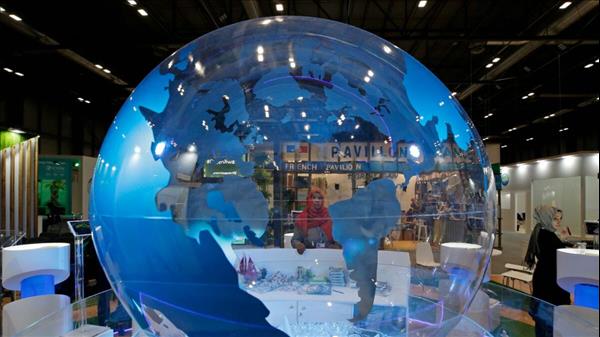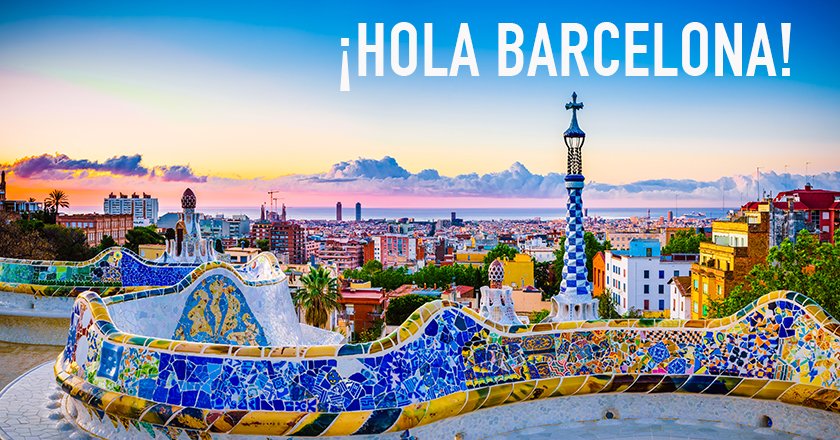(MENAFN- Khaleej Times) Unless world leaders unite in a net-zero systemic transition, the global economy will face a 7.6% reduction in its gross domestic product (GDP) in 2070 alone , according to the Deloitte Center for Sustainable Progress report A woman looks at a globe at the COP25 climate congress in Madrid. The report analyzed 15 geographies across Asia-Pacific, Europe and the Americas and found that if world leaders unite in a net-zero systemic transition, the global economy could record further gains of 43 trillion dollars over five decades, which would boost global GDP. by 3.8% in 2070. — AP file photo by Issac John
Posted: Mon 13 Jun 2022, 5:00 PM
Runaway climate change could cost the global economy $178 trillion over the next 50 years, according to a new report released Monday at the annual meeting of the World Economic Forum.
Unless world leaders unite in a systemic transition to net zero, the global economy will face a 7.6% reduction in its gross domestic product (GDP) in 2070 alone, the report says. from the Deloitte Center for Sustainable Progress.
“In contrast, the global economy could gain $43 trillion over the next five decades by rapidly accelerating the transition to net zero,” the “Global Turning Point Report” said.
“If global warming reaches around 3°C by the end of the century, the death toll could be significant, disproportionately affecting the most vulnerable and leading to loss of productivity and employment, shortage of food and water, a deterioration in health and well-being, and ushering in an overall decline in living standards around the world,” the report said.
The report analyzed 15 geographies across Asia-Pacific, Europe and the Americas and found that if world leaders unite in a net-zero systemic transition, the global economy could record further gains of 43 trillion dollars over five decades, which would boost global GDP. by 3.8% in 2070.
“The numbers speak for themselves and companies should reinvent their practices to help build a more sustainable future for all. Taking small steps in the right direction will pay dividends in the future. It has become clear that if companies do not prioritize sustainability and understand the impact they have on the environment, valuable talent, revenue and market share can be lost,” said Mutasem Dajani, CEO of Deloitte Middle East.
He said transforming the economy for a low-carbon future will require extensive global coordination and collaboration across industries and geographies. in clean energy systems and a new mix of green technologies across all industries.
“It is important that the global economy evolves to meet the challenges of climate change,” said Dr Pradeep Philip, Deloitte Economics Institute. “Our analysis shows that a low-carbon future is not just a societal imperative, but also an economic imperative. We already have the technologies, business models and policy approaches to simultaneously tackle the climate crisis and unlock significant economic growth, but we need governments, businesses and communities around the world to align on the path to a net zero future.
“In order to find new and sustainable solutions to these societal challenges, we must model new forms of cooperation and pursue a multi-stakeholder and holistic approach. The Turning Point analysis establishes a solid foundation of economic benefits and growth for decision makers, influencers and participants from which to work for individual and shared prosperity,” said Professor Bernhard Lorentz, Founding Chairman of DCSP and of Deloitte Global Consulting Sustainability & Head of Climate Strategy.
—
MENAFN13062022000049011007ID1104368013
Legal disclaimer: MENAFN provides the information “as is” without warranty of any kind. We assume no responsibility for the accuracy, content, images, videos, licensing, completeness, legality, or reliability of any information in this article. If you have any complaints or copyright issues related to this article, please contact the provider above.












